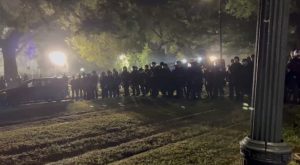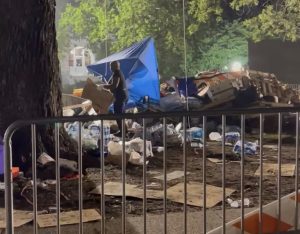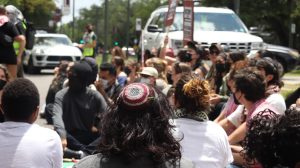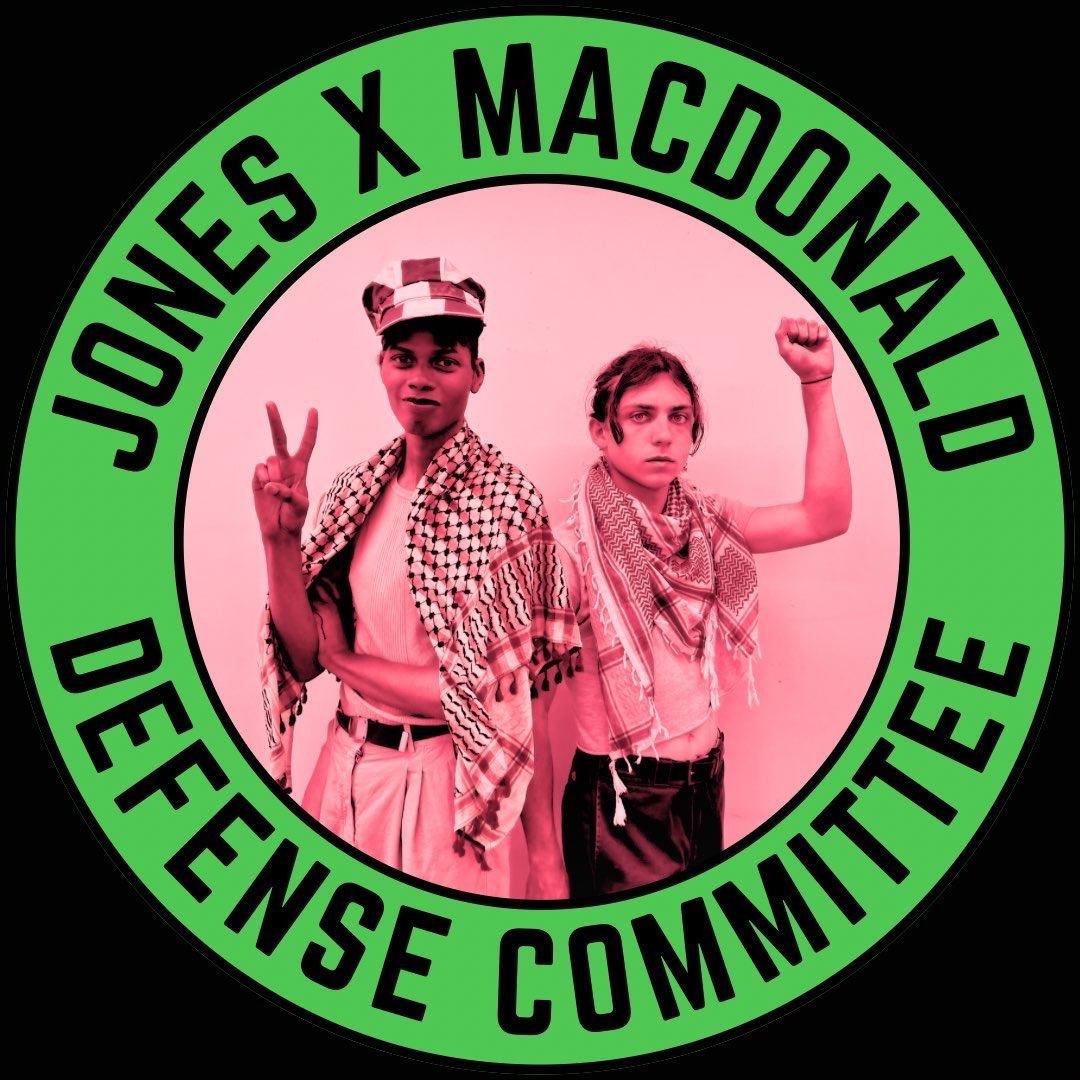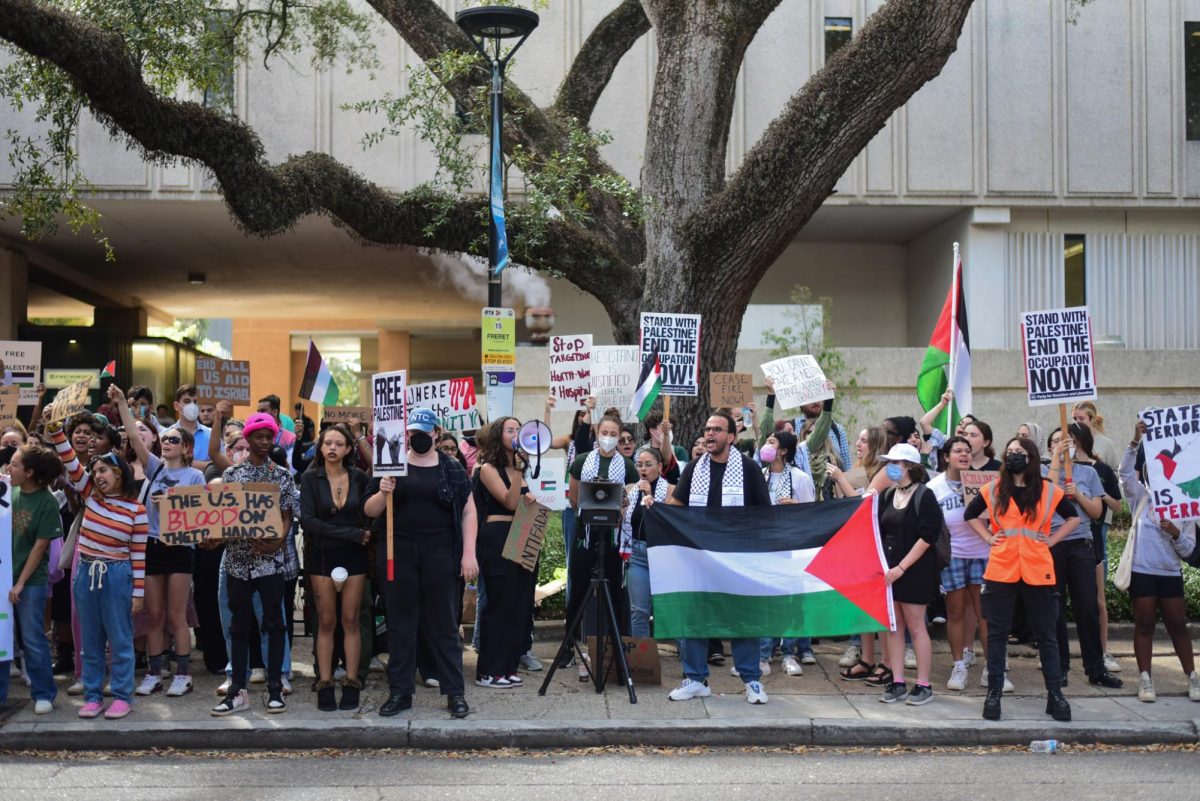The Jesuit leaned closer.
“A man finds a body in a cave. And on that body is a ring. So he takes – he steals the ring – and puts it on. And when he pushes the button, the button on that ring, do you know what happened?”
At this point the Jesuit’s face was only inches from the student’s. “Do you know what happened? He turned invisible – and seduced the queen!”
The Rev. James Schall, S.J., gave a lively, if abstract, speech illustrating why justice is a “rather cold, self-negating” principle.
“Love is not obligatory. There are no obligational consequences on love. Beyond justice is love and friendship,” he said.
About 150 people packed Miller 114 Wednesday night to hear Schall, a professor of political philosophy at Georgetown University, outline the reasons why justice cannot be the ultimate quality for a
successful society.
“Justice has something strangely incomplete about it. If I am just to everyone, I know no one, because the relationship – the friendship – softens, and cold justice becomes impossible,” Schall said.
As a part of the Center for Business Administration’s Business Lecture Series in Economics, Schall used debt as his model for justice.
“There is something above justice. Justice is a very cold, defined relationship. If I owe you $100, and you pay me back, that’s it. We have no more relationship,” Schall said.
Schall moved freely about the room, at one point pounding a table and knocking over a glass of water for emphasis.
“The highest justice becomes the highest evil,” Schall said, “because the origins of totalitarianism are rooted in the efforts to make a totally just society.”
Schall used several examples to illustrate his concept of why a completely just society cannot exist. The invisibility ring/queen anecdote was the response to Roger White’s question of whether or not a people can live in a just nation.
White is a political science professor for City College and the moderator for the Loyola Society for Civic Engagement.
The audience consisted of students, faculty and alumni, and reactions were mixed.
Erich Mattei, an economics senior, characterized the speech as “a charismatic and well-thought explanation of the truth: social justice is free-market capitalism.”
Daniel D’Amico, economics senior, agreed with Mattei.
“I thought it was great. If all the priests who worked at Loyola were as smart as [Schall] is, I’d maybe still be a Catholic,” he said.
Not all students agreed with Mattei and D’Amico’s evaluation
of Schall.
“The speech was almost entirely theoretical with no appeals to historical or contemporary empirical social data,” sociology sophomore Jacob Steubing said.
Schall is considered an expert on philosophy, politics, and the liaison between political and religious thinking in the modern times.
He has written several books including “Reasons, Revelation and the Foundation of Political Philosophy,” “Another Sort of Learning,” “At the Limits of Political Philosophy” and “Jacque Maritain: the Philosopher in Society.”
He was ordained in 1963 and studied in Gregorian University in Rome from 1965 to 1968.


